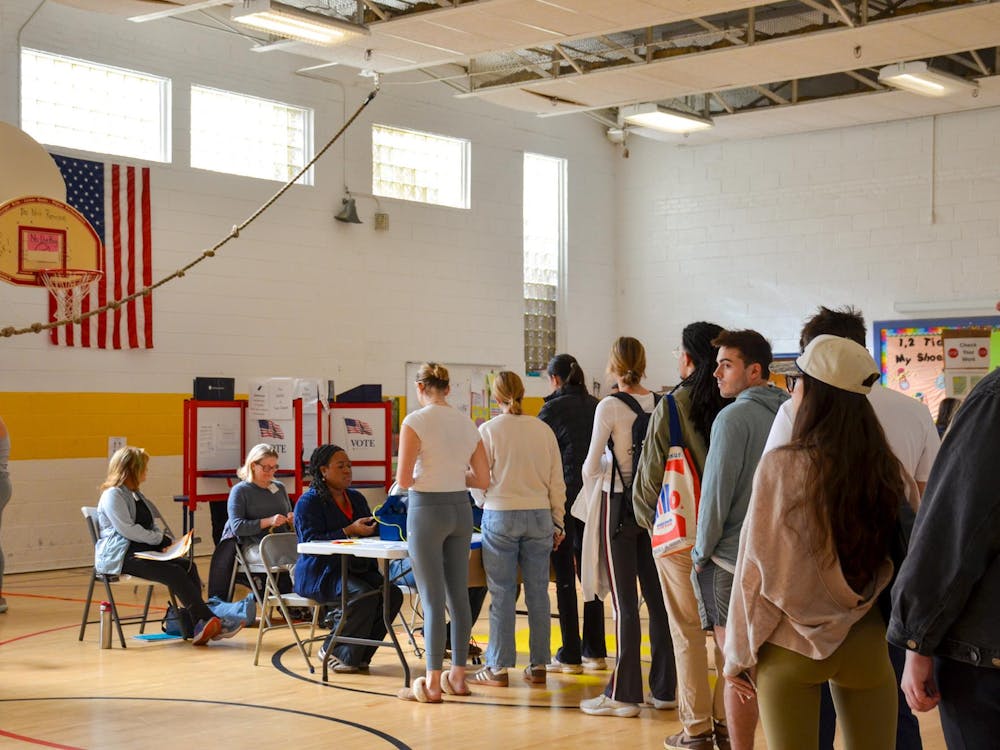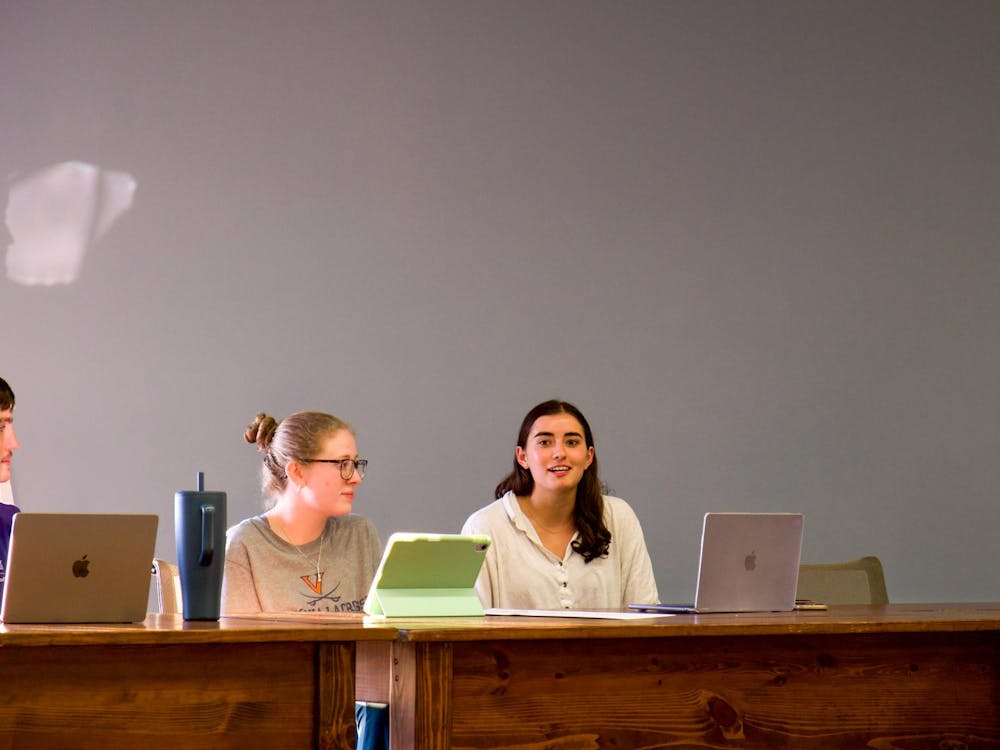The University’s Inter-Sorority Council recently reported increased participation in its informal fall recruitment process. Rising interest in both fall and spring recruitment has led ISC officials to consider the initial stages of a potential two- or three-year expansion process.
Vice President for Recruitment Ashleigh Carson said 86 women registered for informal fall recruitment via the organization’s Web site this year. Seven of 15 sororities contacted girls this year, she said, noting that this was an increase over previous years featuring a fall rush. The eight sororities that did not register any fall rush participants already had met their quotas, Carson said, explaining that as of this year, ISC sets limits on house membership.
“The total number [of allowed pledges per sorority] is decided each spring, so the coming fall [the new membership limit] decides whether houses will have the opportunity to take new members,” Carson said, adding that sororities not meeting the spring limit have the opportunity to offer membership in the fall to meet their houses’ quota.
“We did [fall rush] to make sure all the houses had around the same number of people,” Carson said, noting that the ISC would prefer to see membership increase across the board, not just at specific sororities.
ISC President Stuart Berkeley noted that fall recruitment efforts thus far are indicative of an overall increase in sorority involvement seen in recent years as well as heightened interest in Greek life.
“I think that people are generally realizing that ISC is a great benefit to their time and experience at the University,” Berkeley said.
Carson noted that in 2007, 755 women participated in spring rush, while 829 participated this past spring.
Carson and Berkeley both said a number of factors could be contributing to the recent increase in fall rush participation. Carson noted that the online registration process is a new feature implemented to manage the overall trend of increased interest in sorority membership and may have beneficial consequences.
“It helped girls who are new to the school or unfamiliar with the registration process know where the houses are,” Carson said, also noting that it helped upperclassmen identify houses they might not have known about otherwise.
Carson also noted the more intimate nature of the informal recruitment process used during the fall, saying it is a potentially more valuable opportunity for upperclassmen to become acclimated to the Greek system than the more traditional system employed during the spring. That informal recruitment process might have played a role in increasing the participation, she said. Moreover, she noted, the fall recruitment process, which required a significantly lower budget commitment than formal spring recruitment, also received positive feedback from the houses recruiting members.
“Houses were just able to contact the girls individually and invite them to rush events that weren’t so regulated and weren’t so costly [as compared to spring recruitment], such as going to Arch’s [Frozen Yogurt] or hanging out at the sorority house and getting to talk to the people informally,” Carson said. “I think they really appreciated that.”
One side effect of the increased interest, Carson and Berkeley said, is that the ISC must now consider the possibility of expansion through the addition of another sorority house.
“We’re in the midst of looking into a two- or three-year expansion process,” Berkeley said, noting that adding another house might be required to keep sororities at a manageable size. Berkeley also said, though, that “at this point we are just in the initial stages.”






